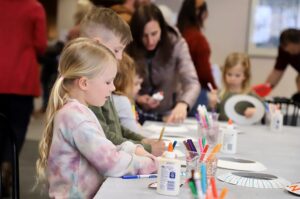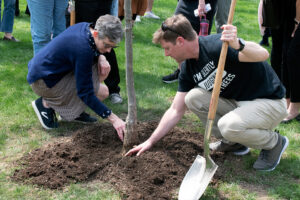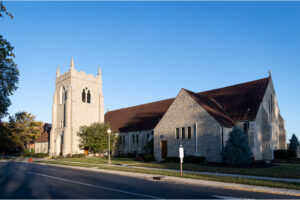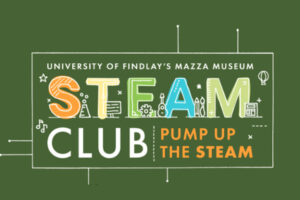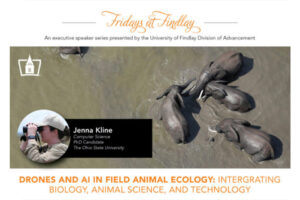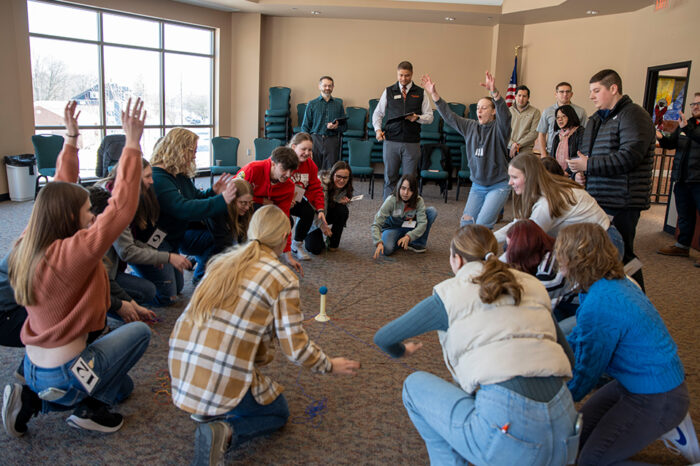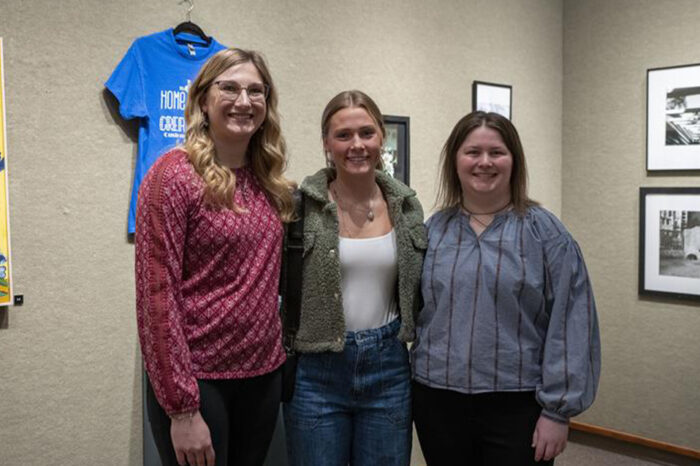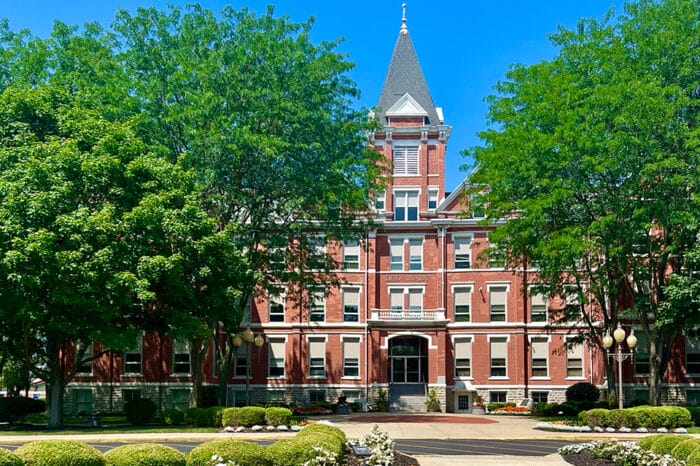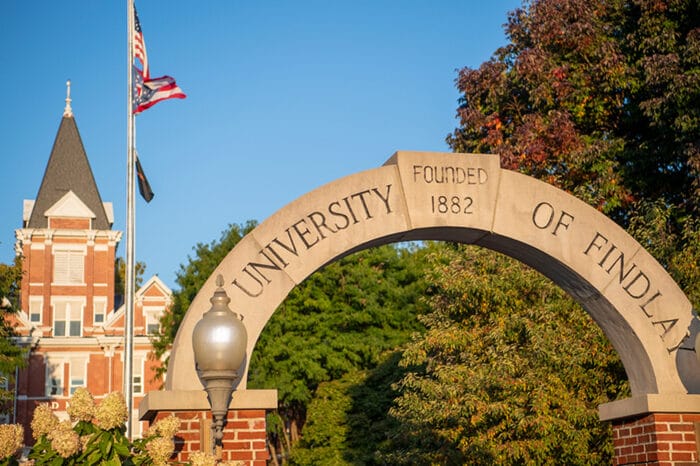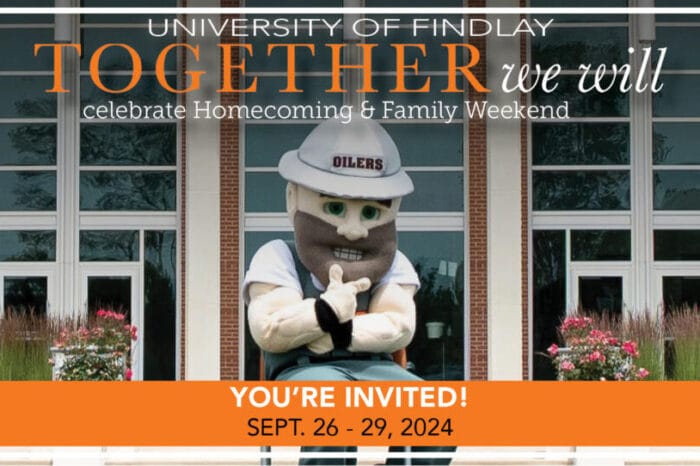The Psychology of Football: University of Findlay Alumnus Alex Long ‘15
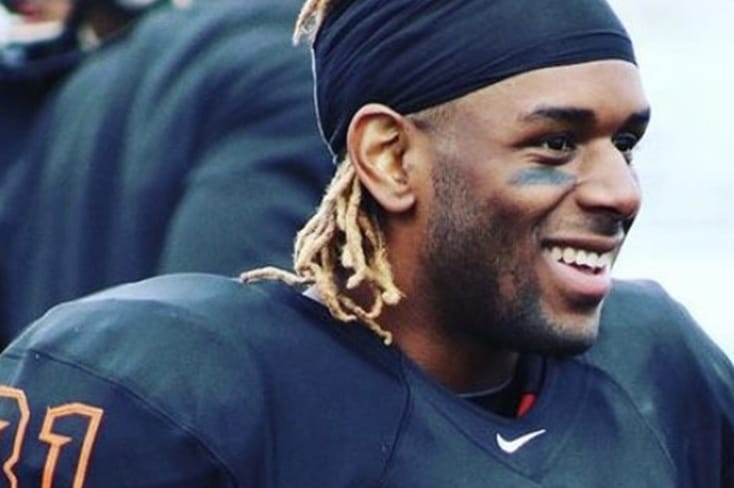
Nearly everyone has an instance in their life that changed its trajectory. When Alex Long ’15 faced this adversity as a student athlete at Eastern Michigan University, he made a change that brought him to University of Findlay, one of the best decisions, he said, he’s made over the course of his young life.
Long was an up and coming wide receiver on the EMU football team in 2013 when his teammate and fellow wide receiver Demarius Reed was shot and killed in a robbery attempt. Reed, according to Long, was the team’s star receiver, and thus, a big influence and good friend of Long’s. “My world kind of stopped when that happened,” Long said. “That could’ve been me, you know?” The Eagles head coach was soon after fired after going just 1-8 at that point in a season marred by tragedy. “Unfortunately, I started to lose the love for the game after all of that,” Long added. He left the team shortly after.
After hearing of Findlay’s football success behind head coach Rob Keys, who led the Oilers to an 8-3 season in 2013, Long, knowing that Findlay wasn’t too far down Interstate 75 from Michigan, picked up the phone and called UF. He began talking to coaches, and it wasn’t long before he realized that UF would be a good fit for him both athletically and academically. He was a psychology major at EMU, and was fully intent on continuing that path as an Oiler. So, he left Ypsilanti and headed to Findlay, a city he said he wasn’t overly familiar with, but one in which he felt immediately at home once he arrived in the community.
Long began building toward success as soon as he got to campus. He became an important member of the football team and immersed himself on the gridiron and in the classroom. His connection with Andrea Mata, Ph.D., UF associate professor of psychology, led him to sharpen his passion for psychology, and, he said, helped him to realize a specific focus that had been bubbling under the surface. “My interest in sport psychology was a result of both tearing up my knee when I was a senior in high school and of the trauma at Eastern Michigan,” he explained. “In both instances there were more mental strains for me than physical, and there was a sports therapist on staff to talk to me. Dr. Mata always pushed us real hard to try and find our loves and form it into a career, so because of all of that, that’s what I’ve tried to do.”
Long found a family at UF, he said, one that consisted of teammates, friends, and faculty members. He loved going to Henderson Dining Hall to “see all his people,” and to make the most of his short time at UF. “That UF community,” Long said,” is a community that cares about you and wants to see you succeed, no doubt about it. I would not, and I know this for sure, be a master’s-educated Black man without Findlay, period.”
Not only did Long receive a master’s degree in sport psychology from Seton Hall University after earning his undergraduate degree in psychology from UF, he is now moving through an even higher education, pursuing a doctorate in clinical sport psychology at the JFK School of Psychology at National University in La Jolla, California. “I’m finishing up my second year, and moving into the advanced practicum,” he said. “Right around May will begin my third year.” Long confessed that, even though it’s tough, it’s not so much the school work that is overly challenging for him, but simply keeping up with life is the greatest demand. Having to attend college, but “be an adult” at the same time, he said, is teaching him valuable lessons about life. “My mom is going though cancer treatment right now, so I’m trying to help take care of family. Balancing bills, you know, and ‘normal grown up stuff,’ while still having to do the clinical coursework; it’s a challenge for sure.”
Yet, not a challenge he wasn’t prepared for. Long said that the level of involvement he put himself in at UF readied him for all of life’s challenges, and the people he met while on campus opened him up to working with the myriad of personalities and unique situations he’ll see as a professional. With UF as a guide, he said, Long knew then that he could make his passion his career. “Someone [at Findlay] was, and is, there every step of the way,” he explained. “Findlay, the city, the people, they were the ones who helped me build me. That year and a half literally changed the trajectory of my life, and the amount of support I’ve gotten is actually crazy.” Long has taught a couple of online courses in sport psychology with Dr. Mata, has advocated for the psychology department at UF, been a part of some online seminars with Mata and fellow UF alumna Erica Bettac ’15 M ’17 (who is not far from Long at Washington State, majoring in industrial and organizational psychology) and has kept in regular contact with many other people who saw him through his UF education. With dreams of being a sport psychologist in the NFL, Long knows that there will always be a special place, and special people there, that he comes back to.
“I know God is going to land me in a place where I can best be of benefit,” he said. “But there is something about Findlay,” he said. “There’s definitely something about Findlay.”
